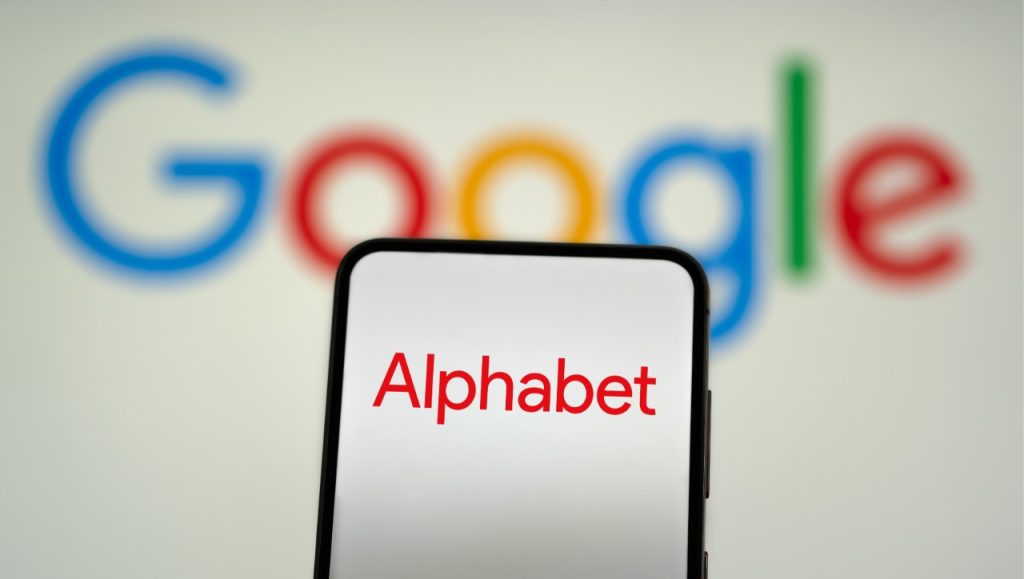AI competition threatens search dominance
The rise of ChatGPT and other AI platforms has created unprecedented challenges for Google’s search business. These new competitors offer conversational interfaces that provide intellectual answers to complex questions, potentially reducing users’ reliance on traditional search engines and the advertising revenue they generate.
Alphabet’s forward 12-month price-to-earnings ratio has compressed from a five-year average of 22.6x to 18.3x, reflecting investor concerns about the company’s ability to maintain its search dominance.
To counter these threats, Alphabet has launched Gemini 2.5 Pro, its latest generative AI model. LMArena has ranked it as a leader among AI peers including OpenAI’s models and Claude Sonnet 4 across areas like creative writing, coding, and visual processing.
The company has leveraged its vast user base across its products, including Android, to drive AI adoption, with half a billion users now using Gemini models. AI Overview, integrated into Google Search, has reached 1.5 billion monthly users, demonstrating the company’s ability to enhance its existing products with AI capabilities.
Investors will be closely watching if Alphabet can continue to expand on the user base of its GenAI model without cannibalising the traditional Search base. This delicate balance between innovation and protecting existing revenue streams will be crucial for the company’s long-term success.
Cloud business drives growth ambitions
Google Cloud represents Alphabet’s biggest growth opportunity, with the division expected to expand revenue by 26% year-on-year in Q2. The cloud business has been gaining market share from competitors Amazon and Microsoft, improving from 10% in Q1 2023 to 12% in Q1 2025.
Innovation in AI enterprise solutions will be crucial for Google Cloud’s continued success. The company’s ability to integrate cloud offerings with other Google products like Workspace provides a competitive advantage that rivals find difficult to replicate.
The proposed $32 billion acquisition of Wiz would enhance Google Cloud’s security capabilities, addressing a key consideration factor for businesses selecting cloud providers. Enhanced security features are increasingly important as companies migrate sensitive data and applications to cloud environments.
Investors will be watching for management updates on the Wiz acquisition and the company’s strategy for further gaining market share. The cloud market remains highly competitive, with significant opportunities for companies that can effectively combine AI capabilities with robust infrastructure.
Anti-trust challenges create regulatory risks
Alphabet faces significant anti-trust challenges across multiple jurisdictions that could fundamentally impact its business model. In the US, the company is defending against allegations of illegally monopolising both the search engine market and online advertising markets.
Court rulings from ongoing remedies trials could have substantial consequences for Google’s operations. One proposed remedy involves forcing Google to divest its Chrome browser, which would significantly impact the company’s search revenue and user data collection capabilities.
In Europe, the EU’s General Court has issued a €4.1 billion fine for exploiting Android’s dominance to provide unfair advantages to Google’s own apps. While the company continues to appeal, the likelihood of substantial financial penalties remains high.
The outcomes of these legal proceedings will be closely monitored by the market when assessing the company’s long-term prospects.
Analyst outlook and price targets
Wall Street sentiment remains largely positive despite the challenges, with 43 out of 55 analysts maintaining ‘buy’ or ‘strong buy’ ratings according to LSEG data. However, the average target price has declined from approximately $215 in March to $202.05, reflecting increased uncertainty. The current analyst consensus suggests potential upside of 11% from recent trading levels.
TipRanks data shows a neutral Smart Score, with positive analyst ratings balanced by concerns about hedge fund positioning and technical momentum.

